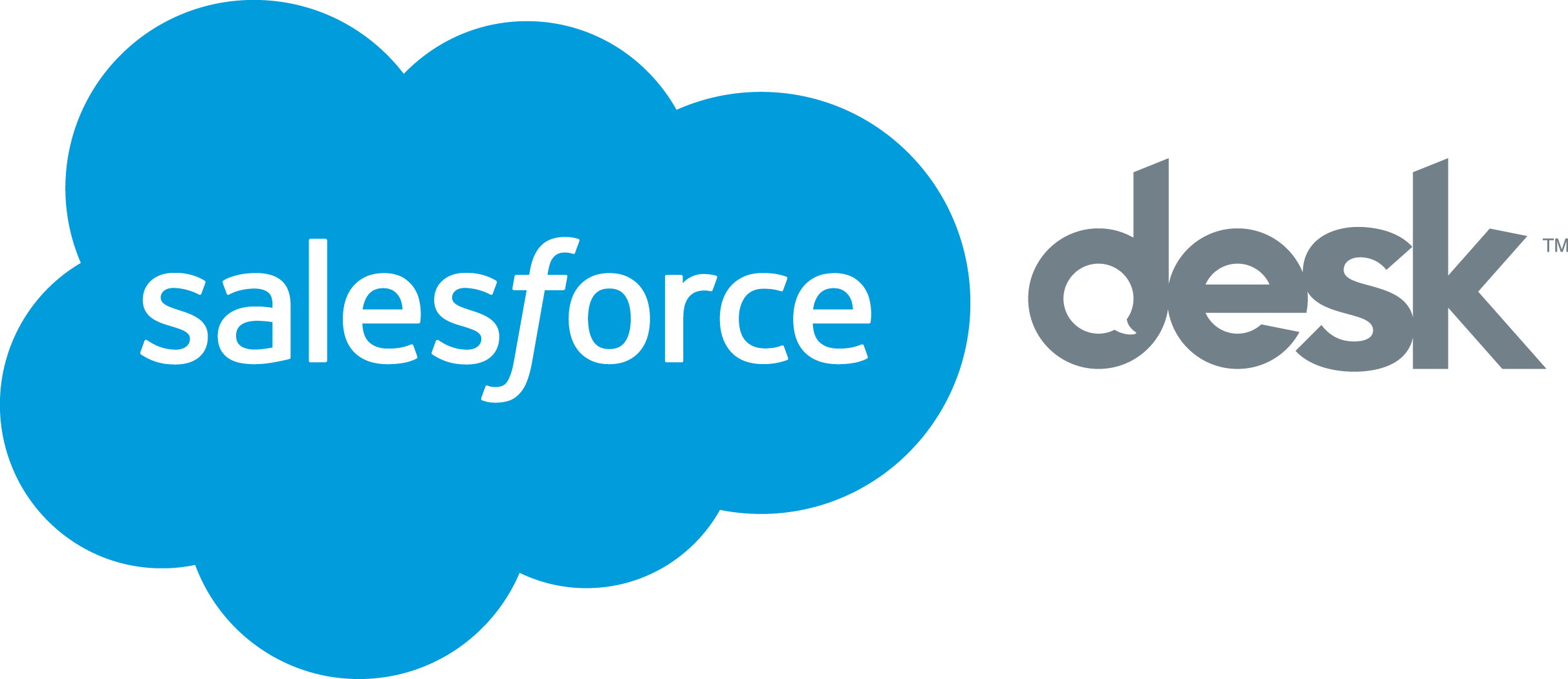
There’s no way around it—startups are risky. But that’s what makes them fun. Entrepreneurship is the ultimate test in personal growth. When you succeed, you learn. When you fail, you learn even more.
It’s fear of failure, however, that forces people to give up on their dreams before they’ve really had a chance to get started. Given that some studies forecast startup failure rates to be around 92 percent, the thought of starting a business is terrifying—why give up the stability of a proven career trajectory to pursue an uncertain path?
What many founders may not realize is the road to entrepreneurial success is often windy. Some of today’s most successful ventures took years to make it big. Redfin, a popular real estate website, survived one of the biggest economic downturns in U.S. history. The now-public Zendesk was founder Mikkel Svane’s second venture—his first one failed.
With the average startup taking 7 years to exit, the entrepreneurial journey is one that spans the long-haul. There’s no way to predict the future, but it is possible to learn from the experiences of others. Here are three battle-tested learnings for early stage founders to embrace.
1) Experience is an asset
The world’s top companies are ones that tackle specific pain points, problems, or needs. That’s why it’s important for startup founders to have an intimate understanding of the space they’re tackling.
This knowledge may come from previous work experience or through extensive qualitative research with prospective buyers. Regardless of how it’s sourced, though, that expertise is mission-critical.
“My previous startup was a consumer email provider where the only real experience the founders had in the space was that we were consumers ourselves,” writes Gary Benitt, founder and COO at Desk.com for FastCompany.
“It’s much harder to get a company off the ground when you don’t have a concrete problem to solve for a specific user—or the experience and domain knowledge to hit the ground running.”
Benitt and his team launched Desk.com with a strong understanding of the customer service space. Knowing the problem that needed solving, Benitt and his team could jump in and get started.
“That focus was instrumental in helping us jump-start our product development and go-to-market efforts.”
2) Things are going to get foggy
Even the smartest, most experienced, most talented entrepreneurs hit roadblocks. In the moment, these situations can feel stressful and overwhelming. The best way to prepare is to expect fogginess to be a normal part of the process.
“There are designs that are close, but not there yet,” explains Basecamp founder Jason Fried for the 37Signals Blog.
“There are obvious conflicts that will need to be resolved. There are lingering things that confound you, confuse you, or upset you, but you know that eventually they’ll work themselves out. Eventually you’ll find the right way to do something you’ve been struggling with.”
Tough challenges won’t disappear. But smart entrepreneurs can take steps to overcome them. Things are going to get foggy, and challenges will take time to resolve. Patience, persistence, and optimism are key.
3) Vision drives progress
It’s challenging for founders to see beyond their immediate next steps. Between cash flow dips, customer acquisition goals, and growth demands, the future can feel like a distant dream. Over time, however, small decisions add up to big outcomes.
That’s why Zirtual founder Maren Kate Donovan encourages first-time founders to keep their big dreams close to their daily operations. In her blog, she recounts how silly she felt telling people that she wanted to build a $100M company. But looking back, she’s “glad [she] did,” and here’s why:
“It forced me to think in terms of scale, because if I wanted to hit that number I knew I’d have to do things differently early on than if I planned on building a seven-person business that did a million in revenue per year.”
Donovan recounts that her first year of business felt like a blur. That’s why her big vision was so important from day one.
“I no longer care about making huge profit margins, instead I just want to provide an amazing service and provide jobs to amazing people,” says Donovan.
Final thoughts
With entrepreneurship comes a complete lack of structure—but founders don’t need to navigate their experiences on their own. It’s important to learn from the experiences of others, take small steps, and embrace the uncertainty as a natural part of the process.
Most importantly, entrepreneurs should remember to have fun. Nothing is known. The future could always change paths. Stress may catch us off guard, but we can’t let it get the best of us.
Read Next: How to help your customers help themselves
Image credit: Shutterstock
Get the TNW newsletter
Get the most important tech news in your inbox each week.










